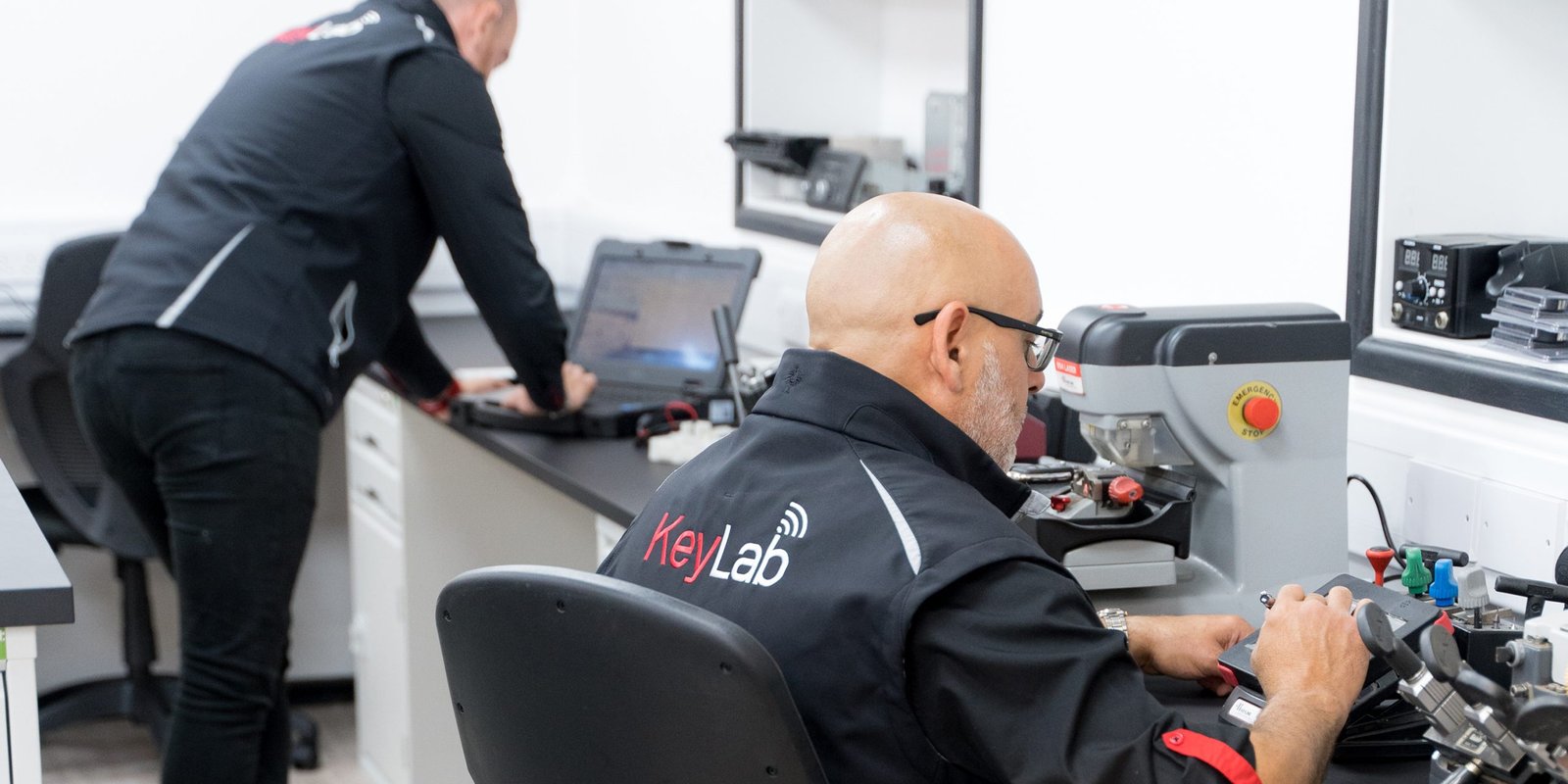Comprehensive Guide to Car Key Repair: Everything You Need to Know
In today's world, car keys are important to vehicle gain access to and security. A malfunctioning or broken car key can be a major trouble, leaving you stranded and irritated. sources offers a thorough overview of car key repair, covering different kinds of keys, common problems, repair processes, and preventive procedures.
Kinds Of Car Keys
Understanding the kinds of car keys is vital for detecting issues and assessing repair alternatives. The primary classifications include:
- Traditional Metal Keys: These are the simplest kind and are often used in older vehicles. They can easily be replicated at hardware shops.
- Transponder Keys: Equipped with a microchip, these keys interact with the vehicle's immobilizer system to grant gain access to. They prevail in automobiles made after the late 1990s.
- Smart Keys: Also known as proximity keys, these enable keyless entry and ignition. They utilize sophisticated innovation and are often matched with a push-button control.
- Key Fobs: These devices provide remote control functions such as locking or opening the doors. They can be standalone or integrated with smart keys.
- Key Cards: Commonly found in high-end automobiles and more recent models, these cards are utilized for keyless entry.
Table 1: Types of Car Keys
| Type | Description | Typical Issues |
|---|---|---|
| Standard Metal | Standard cut metal keys | Breaking, flexing, trouble in turning |
| Transponder | Key with ingrained chip for additional security | Chip failure, programming concerns |
| Smart Key | Keyless ignition with distance unlocking | Battery exhaustion, chip malfunction |
| Key Fob | Push-button control for locking/unlocking | Battery concerns, signal disturbance |
| Key Card | Credit card-sized gadget for gain access to | Damaged card, electronic failures |
Common Problems with Car Keys
Car keys can come across different issues that might require repair:
- Physical Damage: Keys can flex, break, or end up being used down, making them challenging to utilize.
- Transponder Issues: The microchip inside a transponder key might malfunction or fail, preventing the vehicle from starting.
- Battery Depletion: Smart keys and key fobs require batteries that can run out, leaving the owner locked out up until replaced.
- Programming Issues: Keys need to be programmed to the particular vehicle. If this programming is interrupted, the key will not operate correctly.
- Lost or Stolen Keys: In the occasion keys are misplaced or stolen, replacement vital for security reasons.
Car Key Repair Process
Fixing a car key depends upon the kind of damage and key included. Below prevail repair methods for various types of keys:
1. Traditional Metal Keys:
- Repair Method: If split or bent, a locksmith can typically repair these keys by correcting the alignment of or reshaping them.
- Replacement: If damage is severe, replacement is needed.
2. Transponder Keys:
- Repair Method: For malfunctioning chips, a locksmith can reprogram the key.
- Replacement: If the key is broken beyond repair, a brand-new one should be set to the car's system.
3. Smart Keys:
- Repair Method: Changing the battery might deal with problems with a non-functional smart key.
- Replacement: If the key is damaged, it should be replaced and reprogrammed.
4. Key Fobs:
- Repair Method: Simple battery replacements or reprogramming can typically repair fob issues.
- Replacement: A brand-new fob will be essential if physical damage is evident.
5. Key Cards:
- Repair Method: In some cases, harmed cards can be fixed if the electronic components are intact.
- Replacement: Often, replacement is needed if the card is thoroughly harmed.
Preventive Measures
Looking after car keys can avoid typical concerns and lengthen their life-span. Here are some preventive pointers:
- Avoid Excessive Force: Use keys gently to avoid flexing or breaking.
- Routine Maintenance: Have your keys inspected regularly, especially transponder and clever keys.
- Appropriate Storage: Store keys away from moisture and severe temperature levels. Consider using a key holder to avoid wear from other keys.
- Limitation Exposure to Magnetism: Keep key fobs far from magnets and devices that might hinder their signaling.
- Replace Batteries Timely: Change batteries in key fobs and wise keys before they pass away to prevent lockouts.
Frequently asked questions
Q1: Can I repair a broken car key myself?
A: While some minor repairs, like battery changes for fobs, can be done at home, it's normally advised to consult a professional locksmith for considerable damages.
Q2: How much does it cost to repair or replace a car key?
A: Costs can vary widely based on the type of key, the vehicle's make and design, and the repair required. Traditional keys may cost just ₤ 1 to duplicate, while clever keys can range from ₤ 100 to ₤ 400.
Q3: What should I do if I lose my car key?
A: If you lose your car key, get in touch with a locksmith or your vehicle dealer for a replacement. For included security, guarantee that the vehicle is reprogrammed to prevent unapproved access.
Q4: How can I tell if my transponder key is malfunctioning?
A: If your vehicle fails to start or shows cautioning lights, the transponder chip might be faulty. Testing by a locksmith can validate if the key is the concern.
Car key repair is a necessary aspect of vehicle maintenance that numerous owners ignore. By comprehending the different kinds of keys, common concerns, and repair processes, vehicle owners can make sure that they are prepared for any key-related challenges. Preventive procedures can even more improve the durability of car keys, ultimately supplying comfort and security for all drivers.

